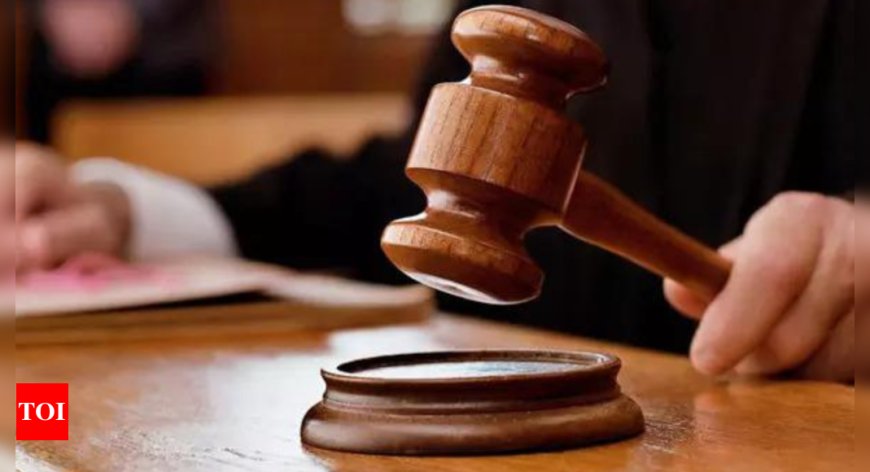AIMPLB Moves HC to Challenge Uttarakhand UCC
Keywords: AIMPLB, Uttarakhand UCC, High Court challenge, Uniform Civil Code, legal battles in Uttarakhand, AIMPLB petition, implications of UCC
Introduction
In a significant legal development, the All India Muslim Personal Law Board (AIMPLB) has moved the High Court to challenge the implementation of the Uniform Civil Code (UCC) in Uttarakhand. This move is reflective of a growing concern regarding the implications of UCC on personal laws and minority rights.
Background of UCC
The Uniform Civil Code aims to replace personal laws based on the scriptures and customs of each major religious community in India with a common set governing every citizen. Supporters argue that the UCC promotes gender equality and streamlines laws related to marriage, divorce, and inheritance. However, critics, particularly from minority communities, contend that it undermines their cultural and religious practices.
AIMPLB's Standpoint
The AIMPLB, representing the Muslim community's interests, has been vocal against the implementation of the UCC. They argue that it infringes upon the fundamental rights guaranteed by the Constitution of India. The AIMPLB's primary contention is that the UCC does not adequately represent the diverse rights and needs of various religious groups, particularly Muslims.
Legal Implications
The challenge to the UCC in Uttarakhand is not merely a localized issue but resonates with national debates on religious freedom and secularism in India. The AIMPLB's petition highlights concerns about the potential erasure of distinct personal laws that have historically governed community matters, such as marriage and inheritance.
Public Response and Reactions
The public response to the AIMPLB's move has been mixed. Supporters of the UCC believe that uniformity in laws will bring about fairness and equality across communities, while critics feel it threatens the essence of religious identity. In the backdrop of this ongoing legal battle, the implications of the UCC will have far-reaching consequences for the socio-political landscape in India.
Conclusion
As the case progresses in the High Court, all eyes will be on the legal arguments presented by both sides. The outcome could set a precedent for how personal laws are viewed in the context of a unified civil legislation in India.
For further updates on this issue, visit dharmyuddh.com for comprehensive coverage and expert analysis.
News by dharmyuddh.com








